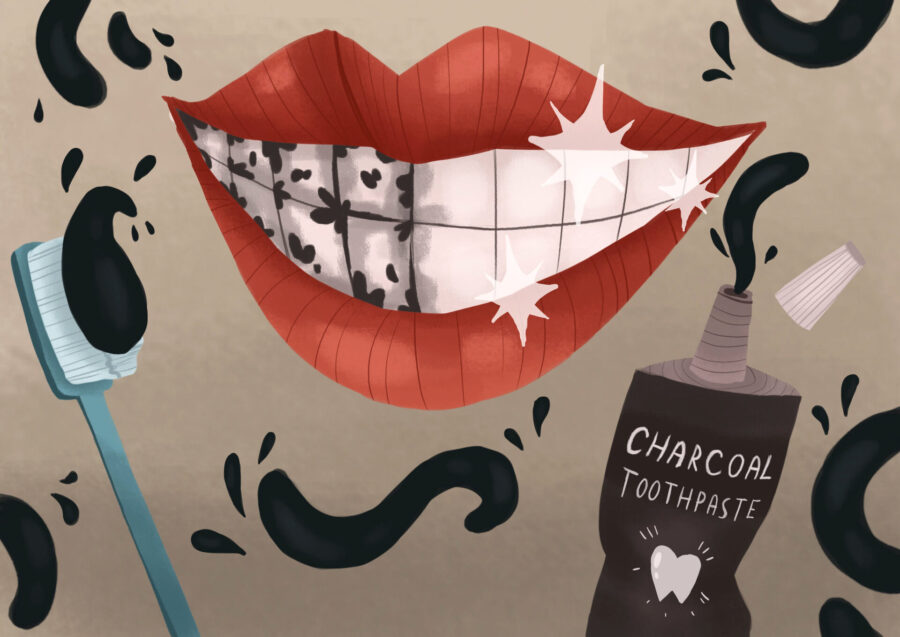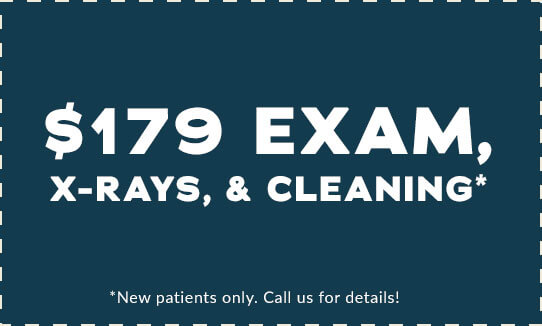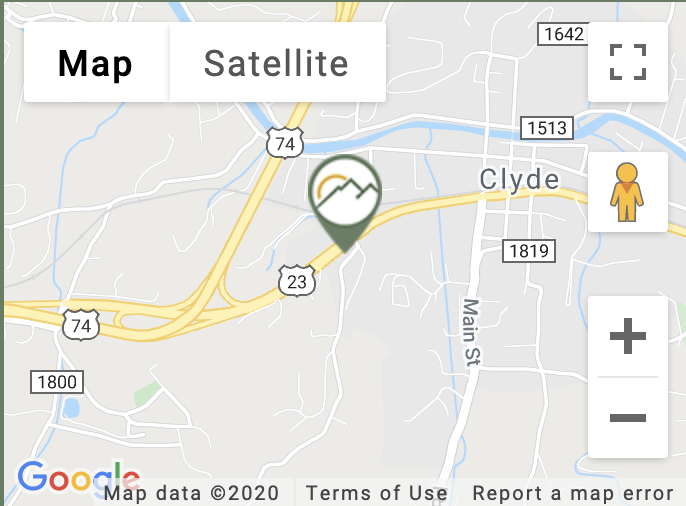
Charcoal toothpaste has become one of the most talked-about trends in oral care. It’s easy to see why—it looks bold, promises a brighter smile, and feels like something “natural.” But does it actually work, and is it safe for everyday use? At Peak Dentistry in Clyde, NC, Dr. Joseph Ramellini and Dr. Gabrielle Ramellini often get questions about charcoal toothpaste, so here’s what you should know before you swap out your regular tube.
What Charcoal Toothpaste Actually Does
Activated charcoal is a form of carbon that’s been treated to make it more porous. In toothpaste, it’s meant to bind to surface stains and lift them from enamel, creating the appearance of whiter teeth. It can also leave your mouth feeling polished—at least temporarily.
So yes, charcoal can remove some surface discoloration caused by coffee, tea, or wine. The issue isn’t whether it works, but how it works—and how often it’s used.
The Abrasiveness Factor
Charcoal toothpaste is known for being highly abrasive. While a little scrubbing power can help lift stains, too much can actually wear down enamel over time. Once enamel thins, teeth may look duller or more yellow—not whiter—and can become more sensitive.
Another thing to keep in mind: charcoal particles can be rough enough to irritate gums or get caught around dental restorations. Over time, that can make dental work harder to keep clean.
If you like the idea of a whitening toothpaste, look for one that uses gentle polishing agents rather than heavy abrasives. Brushing too hard—even with “natural” toothpaste—can do more harm than good.
The Whitening Misconception
One of the biggest myths about charcoal toothpaste is that it whitens teeth from the inside out. In reality, it can only tackle surface stains, not the natural color of your enamel. That means it won’t brighten intrinsic discoloration or address deeper staining.
If you’re looking for a noticeable difference, professional whitening treatments can safely lift stains several shades lighter—without damaging enamel or gums. At Peak Dentistry, we offer in-office and take-home options designed for comfort and long-lasting results.
Other Considerations Before You Try It
Charcoal toothpaste can be messy (think black splatters in your sink), and it can stain grout or toothbrush bristles. Some users also report that it leaves a gritty texture even after rinsing.
It’s also worth noting that charcoal pastes and powders can vary widely in ingredients and particle size, depending on the brand. Without standardization, there’s no guarantee that every product is safe for long-term use.
For most patients, charcoal toothpaste is fine for occasional use, but it’s best not to rely on it daily.
Safer Ways to Brighten—Peak Dentistry in Clyde, NC
At Peak Dentistry, we want your smile to look great and stay strong for life. Dr. Joseph Ramellini and Dr. Gabrielle Ramellini can help you choose whitening options that fit your goals and protect your teeth—whether that’s a gentle polishing treatment or professional teeth whitening.
If you’ve been curious about charcoal toothpaste or want a whiter, healthier smile, schedule an appointment with our Clyde dental team. We’ll help you find a holistic approach that works beautifully, without the mess or the risks.
Contact UsImage from Authority Dental under CC 2.0




